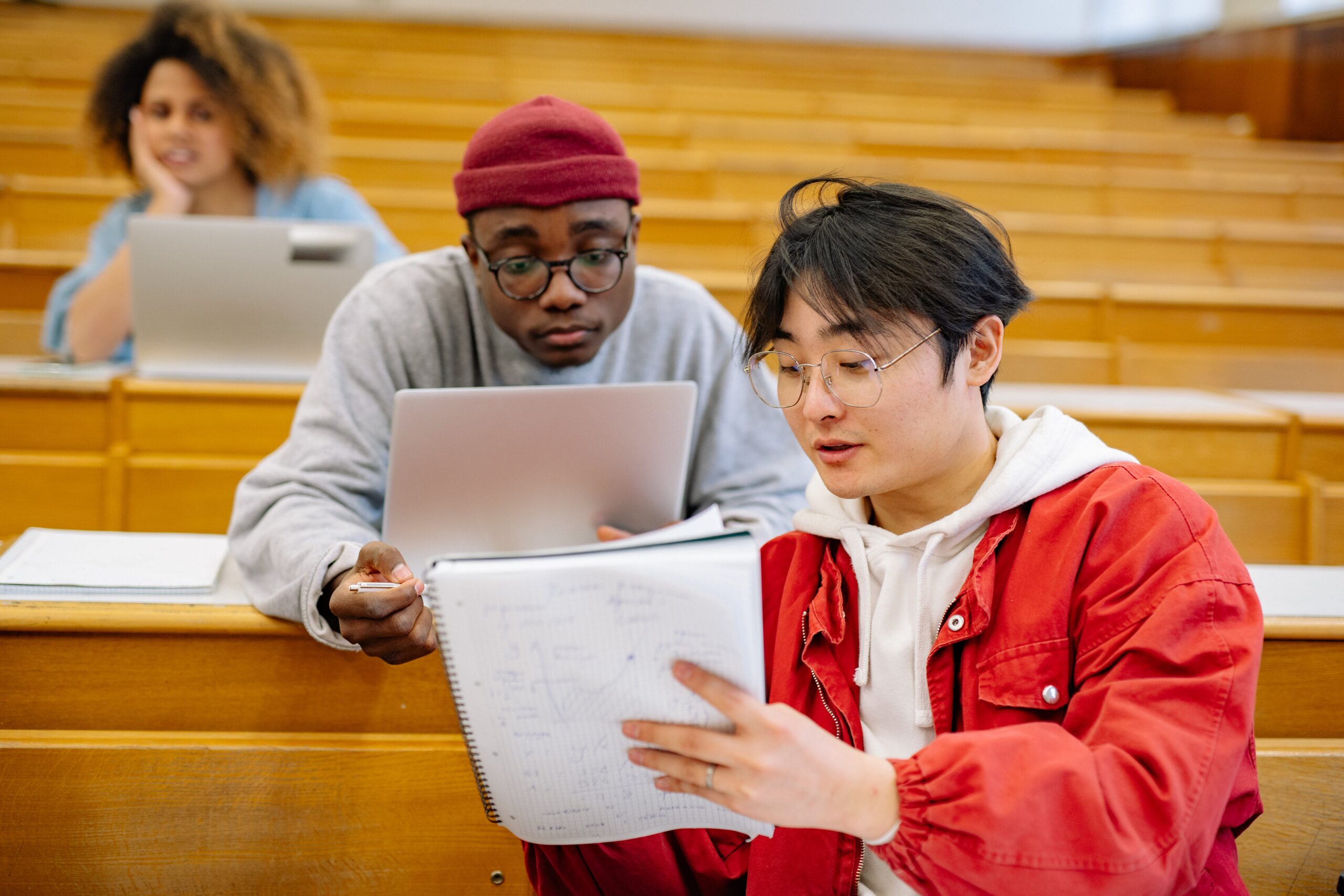The pressures of the increasing cost of living in Canada have caused some people to see international students as part of the problem, blaming them for snatching up low-wage jobs and taking advantage of food banks.
But data shows that Canadian post-secondary institutions are financially reliant on international students, and this is especially true in Ontario.
On Nov. 15, the Blue Ribbon Panel on Postsecondary Education Financial Sustainability released a report making recommendations to Ontario’s government on how to improve the financial state of the sector while focusing on student experience. The report makes recommendations in six areas: Funding, international students, financial accountability, cost efficiency and effectiveness, schooling in the north, and French-language education.
While the report highlights international students’ contribution to population growth, Canada’s GDP, and Ontario’s post-secondary institutions, it states that “the risk associated with unbridled or unmanaged growth is also very real.” It says that the “international reputations of both Ontario and its institutions are critically dependent on appropriate levels of support for international students.”
To help mitigate the risk that comes with unmanaged growth, the report recommends the province work with the federal government to establish a “trusted institutions framework” for expedited visa issuance based on student completion rates and other factors. It also calls for a re-evaluation of the cap of 7,500 international students for each of Ontario’s colleges relative to their actual size.
Given the lack of revenue coming from domestic tuition and provincial grants, allowing colleges to accept so many international students encourages schools to prioritize enrolling them over domestic students.
The panel recommended that Ontario’s Ministry of Colleges and Universities work with post-secondary institutions to review plans for any further increases in international student enrollment. It said the ministry should have a “future-oriented” understanding of international student numbers, and to make sure that institutions and their surrounding communities are ready, willing and able to support them.
Centering Student Voices
In the spring of 2023, representatives from post-secondary institutions and other relevant groups were invited to submit their own recommendations for consideration ahead of the report’s release. Since then, the Ontario Undergraduate Student Alliance (OUSA) has released a statement about its recommendations.
Vivian Chiem, president of the student alliance, said the report doesn’t focus enough on the role universities play when it comes to international students. She said the report is geared to the province’s colleges, and while they do have more international students than universities, OUSA also represents nine student unions.

OUSA advocates for and lobbies on behalf of nearly 160,000 undergraduate students in the province, Chiem said.
“The fact that a lot of colleges and universities are relying heavily on student tuition to ensure that there is financial sustainability is not fair to the international students,” she said.
The student alliance’s recommendations relating to international students are for capped tuition increases and more financial aid. It also called for international students to be included as their own stream in express visa entry draws for permanent residency, and for employers to be provided with tax credits to help sponsor more students through the Ontario Immigrant Nominee Program.
“It’s incredibly expensive to study in Ontario as an international student and the money put into post-secondary education should result in outcomes…that ensure their post-graduation success,” said Chiem.
“Ultimately, we want to ensure international students who come to Ontario to study are provided with transparency and support to facilitate their settlement and their post-graduation success.
“Students are struggling,” she said, and urged the ministry to “think about the students first because that’s what’s most important and should be at the centre.”
Serena Austin is a recent graduate of Laurier Brantford's digital media & journalism program and has spent the past year as Editor-in-Chief of their campus newspaper, The Sputnik. She found her love for journalism in high school as a co-op student at the University of Toronto Scarborough Campus' publication, The Underground, and has since had her work published on DMJZone.ca, and the Brantford-Brant Chamber of Commerce's magazine, InTouch. Serena is passionate about the coverage of labour, education, and housing issues and hopes to keep the passion burning in her role as President & Publisher of Wilfrid Laurier University Student Publications.






